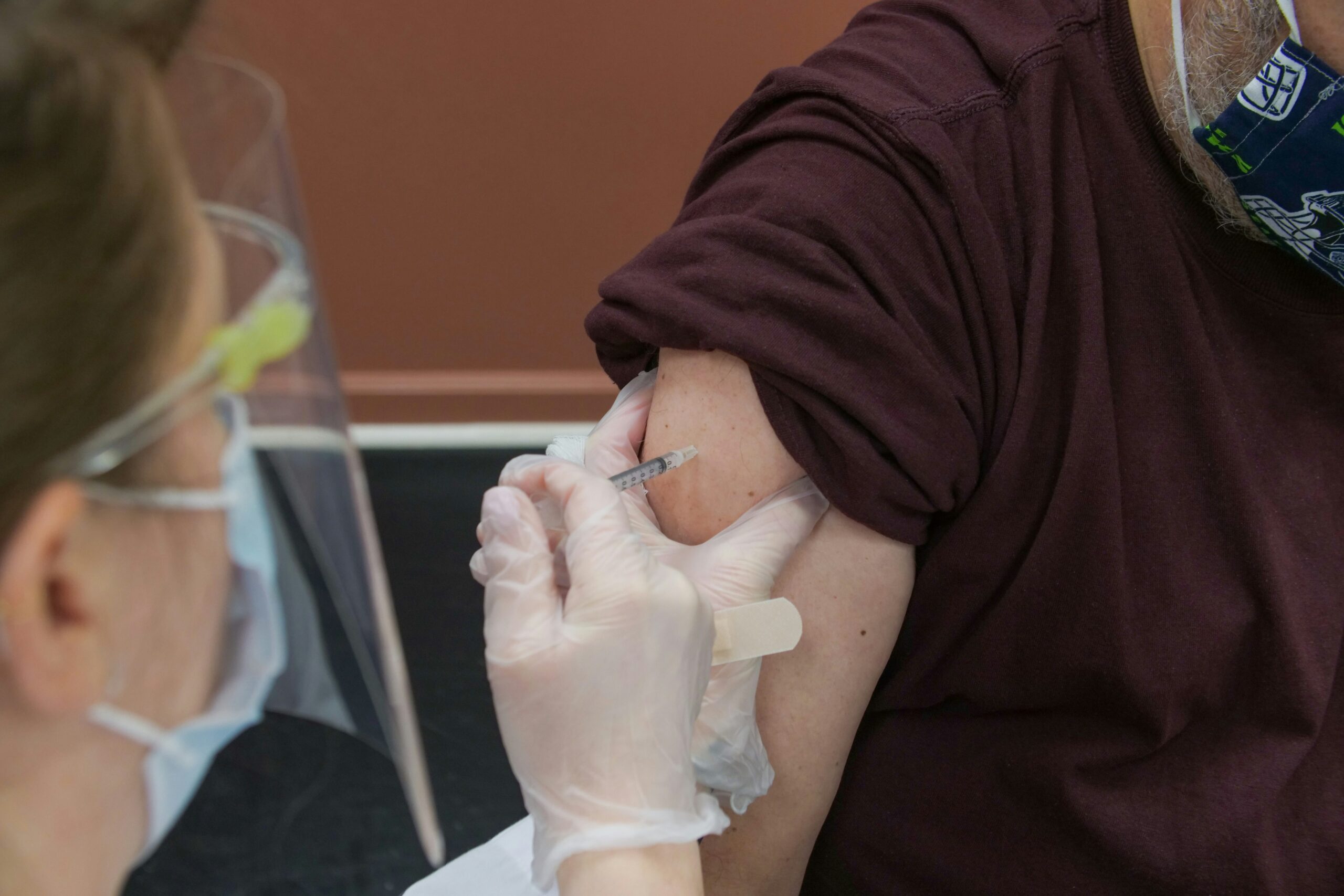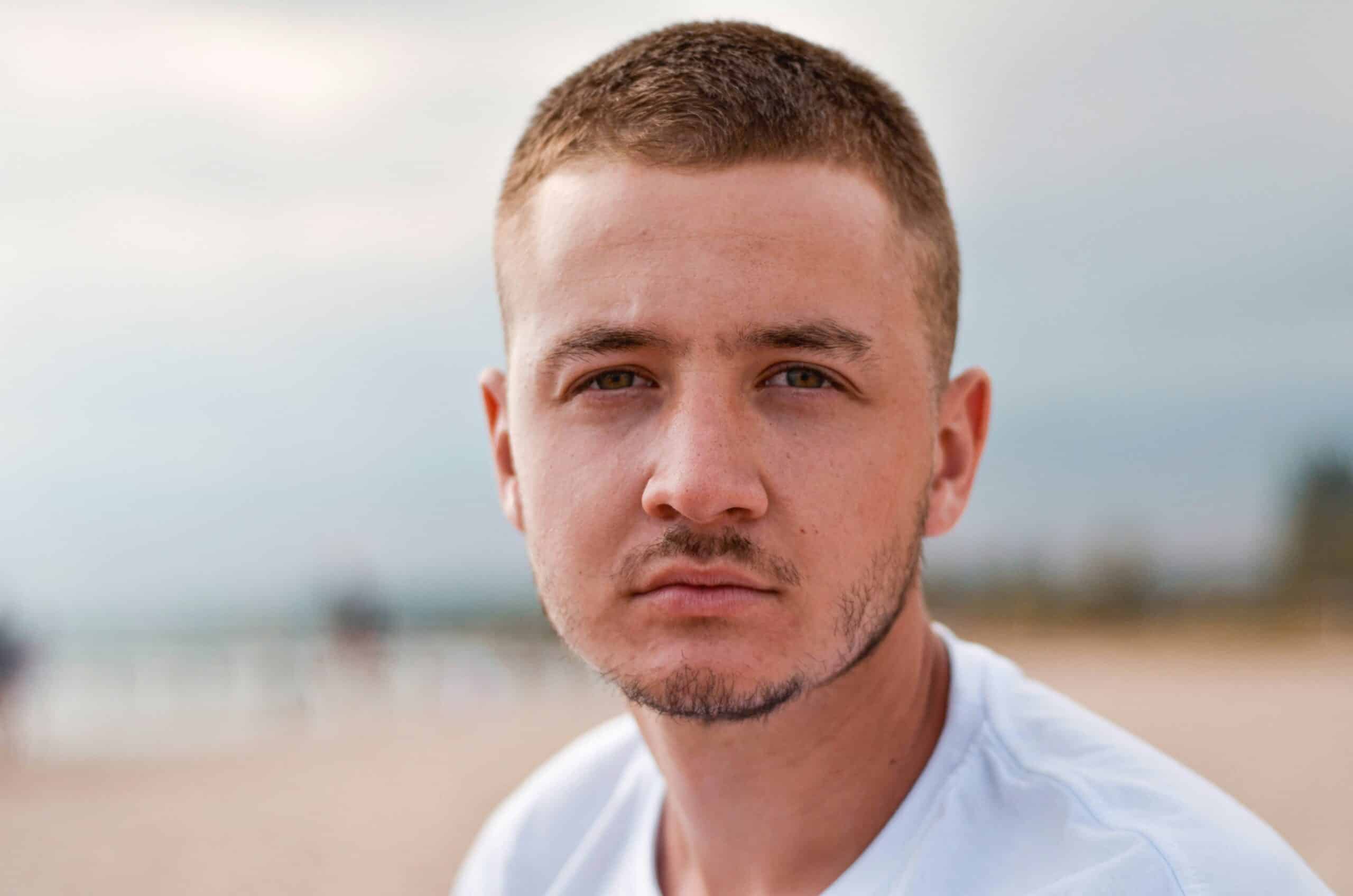The holiday season is a time of celebration and social gathering. It’s great for those who naturally feel drawn to and confident in social settings, but what about the 7 percent of the population living with social anxiety disorder? According to the American Psychiatric Association, social anxiety disorder is marked by “significant anxiety and discomfort about being embarrassed, humiliated, rejected, or looked down on in social interactions. Being around the crowd asking how your job is going, what you’ve been doing the last year, are you dating anyone or any other question putting you on the spot can be an anxiety-provoking experience. The good news is there are ways to regain control when navigating through the holiday social festivities.
Positive Affirmations
Give yourself accolades and a pep talk! Everyone can use a compliment, so build yourself up before attending a holiday event that may make your palms sweaty, or worse – you look for an excuse not to attend. It may feel hokey to think positive thoughts, but according to Psychologist Joyce Marter simply changing worry thoughts into upbeat ones can be a much more effective way of working to stay out of a negative downward spiral. Just saying “I can do this” to yourself makes a difference when you want to be able to enjoy social situations.
Saying No and Setting Boundaries
There’s a balance between knowing what events are challenges in which we can learn and grow from, and when it’s appropriate to say decline the invitation. Assessing what to select is a great way to maintain this balance and to be okay with readily accepting or gracefully declining an invitation. Knowing your limitations helps to further identify social preparedness. With that said, avoidance is not the answer, so thinking about which events may not be attended prepares you for the ability to decline. Also, limiting the number of events (say, three per month) can assist in ensuring the balance without overextending oneself when practicing new social habits.
Volunteer to Host
Providing the space for entertainment can be a great ally in feeling comfortable and purposeful. Busy hands can ease some of the pressures of a large group, not to mention how you’ll be contributing to the day. No space to host yourself? No problem! Just volunteer to assist with the host who will surely appreciate the additional help.
Plan for Gatherings and Conversations
Think ahead about what topics you may want to use in conversation to avoid feeling put on the spot or scrambling for answers. Think about the typical small talk acquaintances open up with, and what you feel comfortable responding with. In addition, knowing your fellow attendees and a few talking points of interest will help to flow the conversation along. According to the Anxiety and Depression Association of America, “you may feel as if people are focusing on you, but in reality, most people are probably wondering what you are thinking of them. Try making a compliment, which can make others feel good, make you feel good, and reduce some stress.”
Child’s Play and Family Pets
There’s a good chance that a family gathering will have children or pets around. Adult conversations can be anxiety-provoking, so breaking those up with some fun child’s play or giving the family pet some attention can be effective and takes the spotlight off you. “Children see things differently than adults,” says Sarah Fader for Psychology Today. “They are thinking about entertaining themselves and not concerned about being judged. Tap into that energy and join the fun!” The same goes for pets, who have mental health benefits of their own. Petting animals reduces blood pressure, elevates mood, and releases endorphins. A little quality time with Fluffy can reduce the pressure of socializing with her owners.
Avoid Substance Use
Alcohol may seem like an effective tool in the moment to gain a little bit of liquid courage; but when alcohol actually intensifies the effects of anxiety and panic, it leaves you feeling more out of control by the end of the night. Alcohol and drugs can actually trigger panic attacks in individuals with anxiety disorders, so it’s best to avoid them and revert back to the positive reinforcement and planning for conversations. If it’s your company holiday party you’re navigating through, click here for an article to help you socialize with co-workers when you don’t drink alcohol.
Focus On What You Can Control
“What-if” worries are often associated with social anxiety – what if this happens, what if I say the wrong thing, what if (insert literally anything here). Perhaps instead of focusing on what people might say or do, consider focusing on things that can be controlled such as attitude, making a commitment, and going into situations with a game plan. The ability to let go of what you can’t control allows you to be empowered by setting boundaries appropriately and decreasing worry about things you simply cannot control. Taking these extra self-care steps can assist in decreasing stress associated with social anxiety, and ensure a positive and planned approach to strategizing through the busy holiday season as well as any social gathering.




